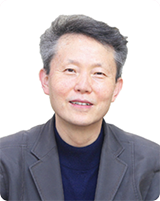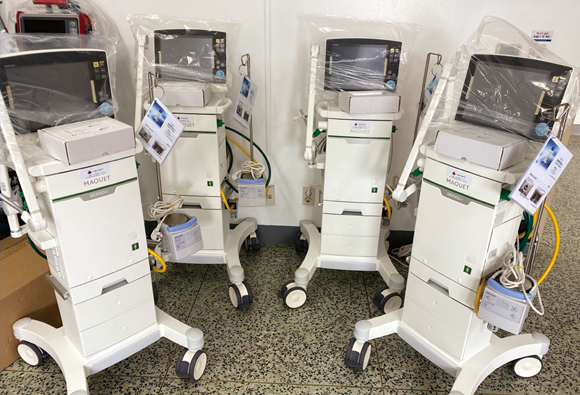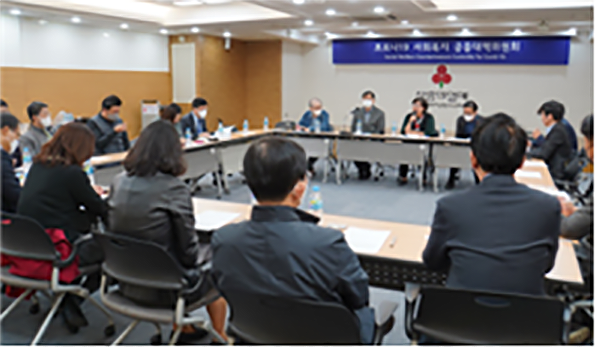2. CCK: COVID-19 Special Allocations

The ASEAN declared on April 17, 2020 (through an agreement
signed by ministers from 10 countries) that it will focus its resources
on addressing food insecurity in the ASEAN community resulting from
the spread of COVID-19.○ Name :The COVID-19 Food Security Initiative helping communities in Southeast Asia- Indonesia, Myanmar & Vietnam
○ Period: Jun. 1 - Dec. 31, 2020
○ Project Details
1. Families of vulnerable population in three Southeast Asian countries (Indonesia, Myanmar & Vietnam) unable to secure food and hygiene products during the COVID-19 outbreak
2. Target: 5,000 households whose livelihoods are threatened by COVID-19
3. Details
- Grocery and daily necessity kit for each household
- Education Campaign about COVID-19 through mass media and social media
4. Participating Institutions
- ASEAN Foundation (established by ASEAN’s ten member states)
- Indonesia’s Food for Indonesia (Peduli Panga)
- Vietnam’s MSD (Management and Sustainable Development Institute)
“Prioritizing Urgent Areas, Covering All Areas in Need in a Prompt Manner”
Starting with COVID-19 emergency support projects in 54 locations in February ( KRW 1 billion or approx. USD 827,130), CCK has so far funded 3,609 projects through 760 allocation partners across Korea (KRW 101.32 billion or approx. USD 83.9 million). Projects completed or still ongoing account for 94% of total fundraised (as of May 20). CCK adheres to the following principles to ensure prompt and effective allocation of the donations raised nationwide.| Area | Description |
|---|---|
| 1) Livelihood support for families in crisis | Living expenses for families in crisis, covering daily necessities, groceries, and ready-to-cook meals |
| 2) Support for medical staff, patients, quarantined individuals, and volunteers | Provide supplies such as protective gear, underwear, meals/snacks, daily supplies for those hospitalized or quarantined suddenly |
| 3) Disinfection and sanitation control | Health supplies and personal hygiene items, disinfection of spaces where COVID-19 patients were visited or lived in |
| 4) Support in welfare service gaps | Substitute healthcare personnel, activities to replace reduced social activities, psychological and emotional support, support for temporary dwelling, and etc. |
| Lee Tae-su, Chairman of the CCK Headquarter Fund Allocation Subcommittee | |
|---|---|

|
“Focusing on providing prompt and effective assistance in the face of national crisis” COVID-19 was the first social crisis that affected the entire nation, and I felt I had an extra responsibility when discussing the allocation plan. We created a special task forces to ensure the rapid response and we communicated with those in the field to establish allocation criteria and areas for assistance. We wanted to make sure the funds are allocated to the areas most needed. As we have a strong network with social welfare organizations from various projects in the past, we were able to address a diverse range of social needs, including housing, the environment, medical services and employment. Now is the time to look at the bigger picture and establish a new support system aims at creating “a safer society” considering the changes in our post-coronavirus society. We will continue to listen to the people working on the frontline, act swiftly, be different from the government, and value cooperation. |

| 1. Livelihood support for families in crisis | 2. Support for medical staff, patients, quarantined people, and volunteers | 3. Disinfection and sanitation control | 4. Support in welfare service gaps. |
|---|---|---|---|
| 30.2% | 12.2% | 49.6% | 8% |






